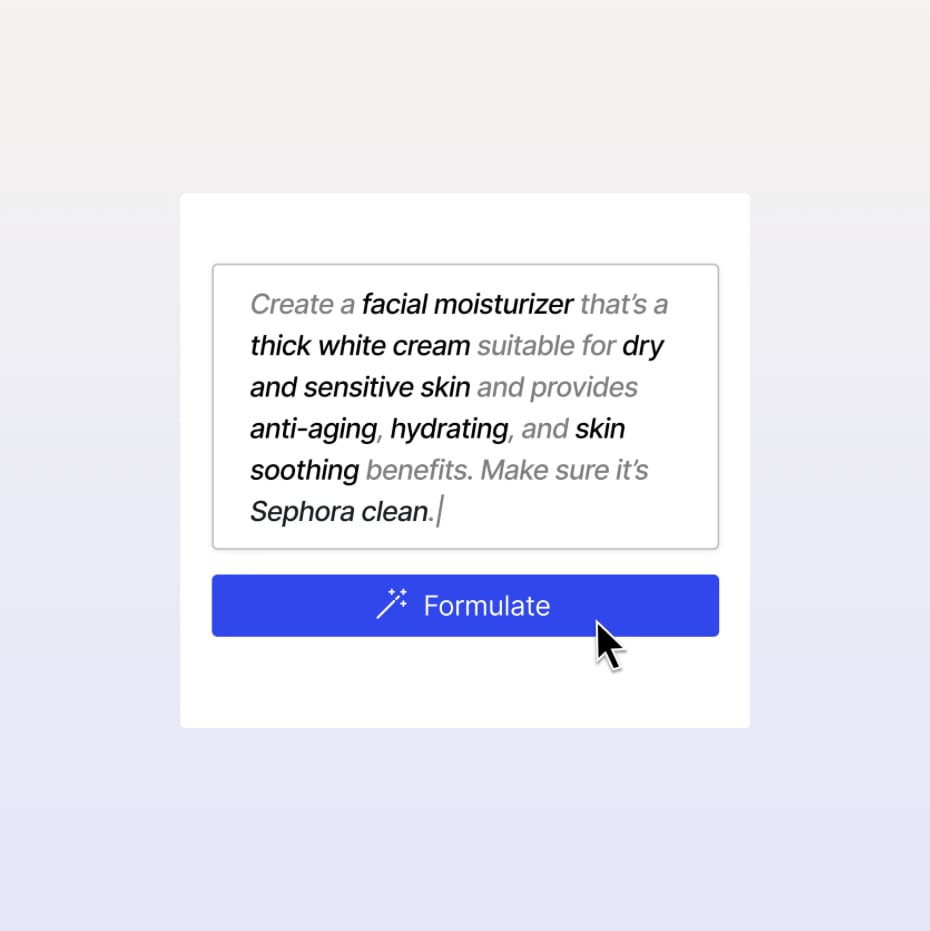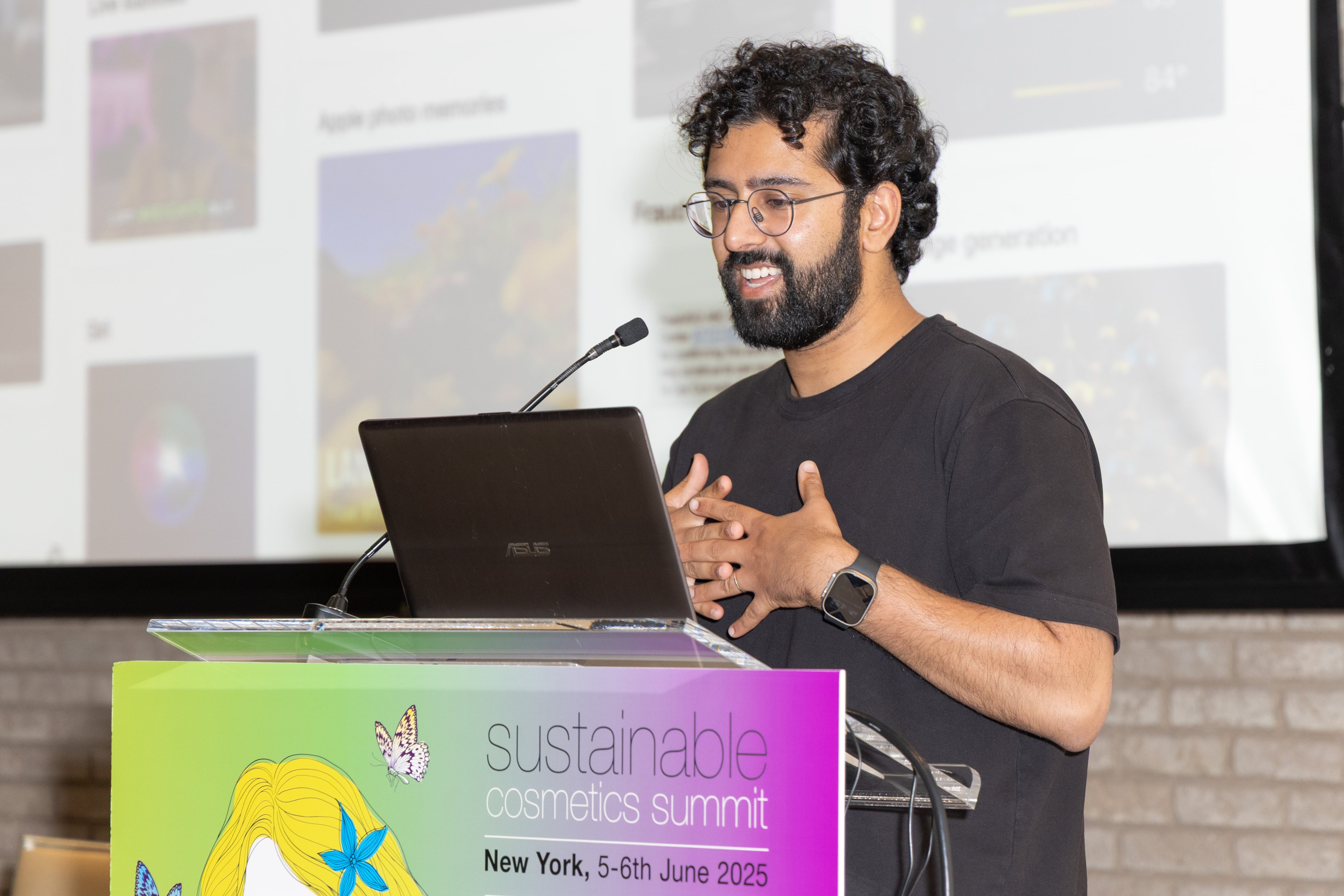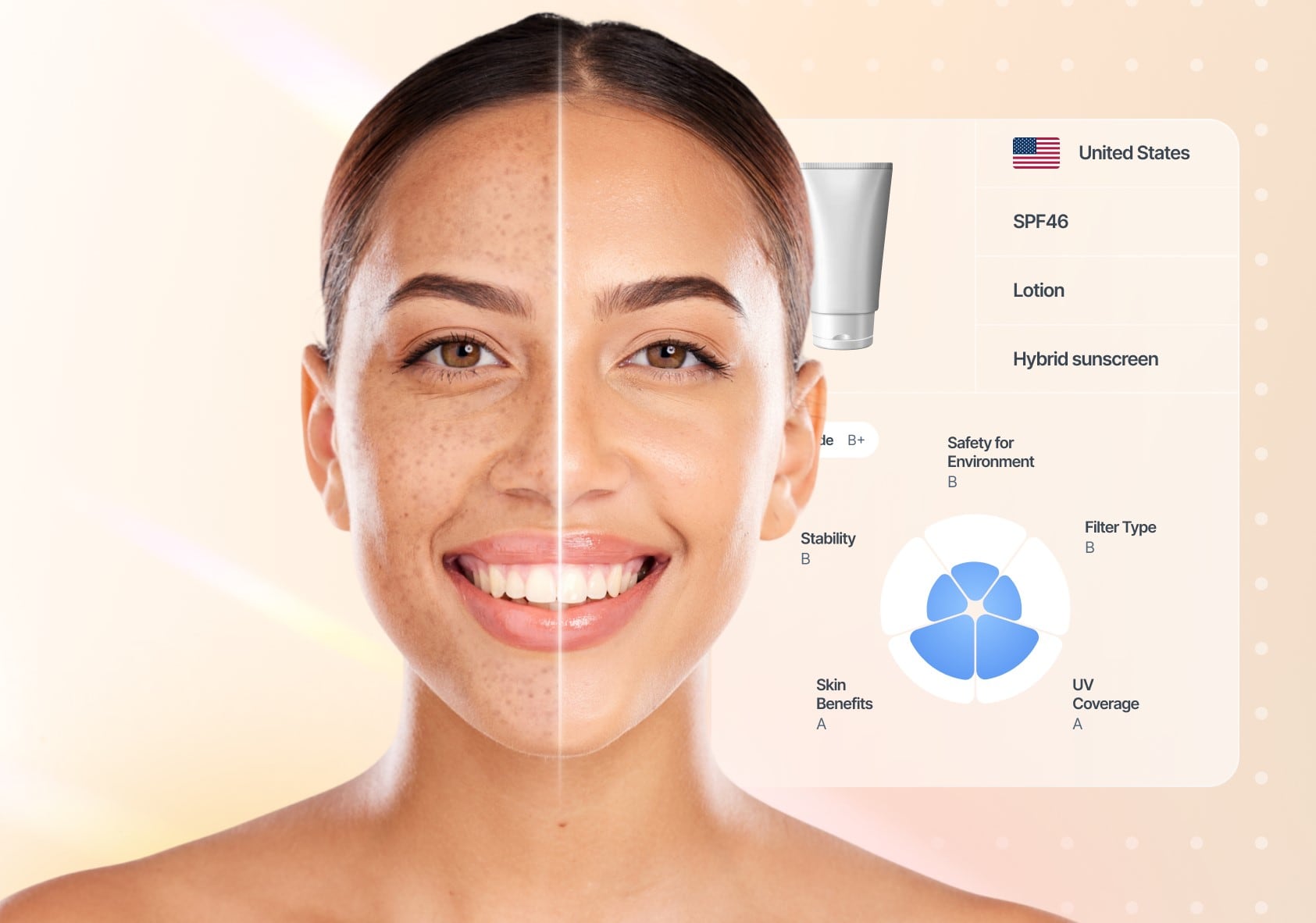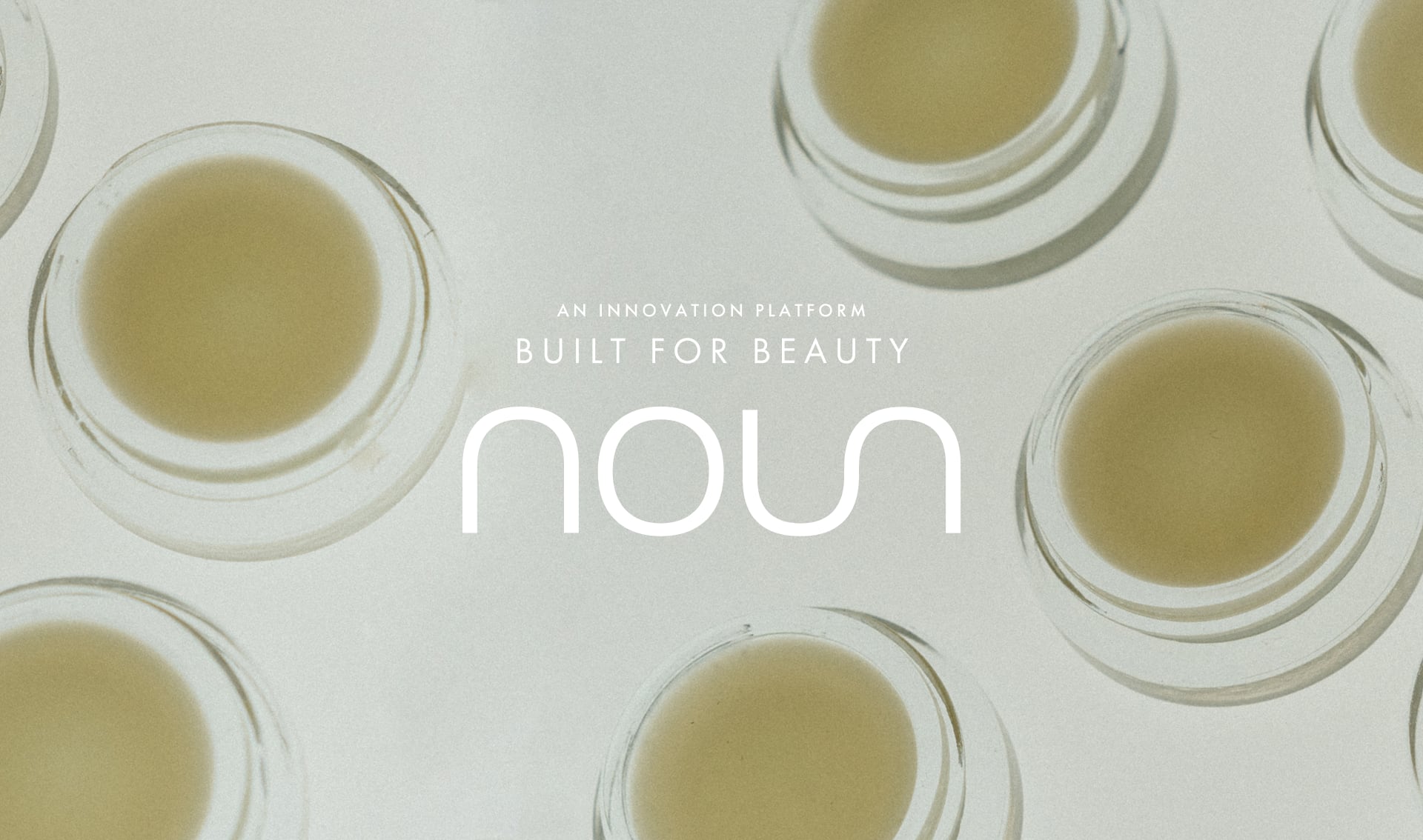Just over a year after its initial launch, Potion AI is now used by approximately 10,000 R&D professionals worldwide, according to Yahya Syed, co-founder and CTO.
Following our interview with Syed and co-founder and CEO Hejab Malik last year, CosmeticsDesign US reconnected with Potion AI at the recent NYSCC Suppliers’ Day convention and Sustainable Cosmetics Summit, where Syed shared that “we’ve learned a lot over the past year about what’s working well and what needs improvement.”
Major feature expansions
Syed noted that the platform’s Deformulator tool, which detects trade names and proposes functional ingredient details based on a benchmark product, remains one of the most widely used features. “It’s popular for cutting hours of time at the beginning of a new formulation project,” he said.
Areas of ongoing refinement include improved accuracy for sunscreens and OTC products, more precise concentration level suggestions, and deeper integration of chemical knowledge. “We’re currently working on embedding more chemical knowledge into the tool,” he added.
Potion AI’s biggest recent launch is its globally patented “Virtual Formulation” feature, which enables formulators to generate starter formulas from simple prompts. “You can input a prompt such as ‘I want to make a Sephora-clean hydrating face cream with a light texture that absorbs quickly, is suitable for all skin types, and free from fragrance and essential oils’ and generate a starting formula,” said Syed.
The company has also introduced a premium suite of AI-native R&D and compliance tools. These include private cloud workspaces where users can manage ingredient, formula, and regulatory data.
“Customers can also leverage an advanced version of Virtual Formulation with their own private AI models trained on their proprietary ingredient and formulation data that recursively improve the more they use the platform,” he explained.

Regulatory and ingredient integration
Meeting regulatory requirements has become a core focus of the platform’s development roadmap. “Our #1 request from users has been to expand the platform into a fully integrated operating system that supports key R&D workflows,” Syed shared.
Potion AI now also offers screening against multiple regional and retailer compliance standards, including FDA, Canada, EU, UK, and clean beauty programs such as Sephora and Credo, with global compliance coverage expected by year-end.
Other new capabilities include a full formulation module for managing trials, batches, and costing, as well as an AI-powered ingredient search engine that recommends functional equivalents and alternatives. The ingredient vault automates document management and supplier requests.
“We have Potion up and running at companies in a matter of weeks,” said Syed, “and let you utilize our AI capabilities while leveraging your company’s existing data.”
Supporting indie brands and universities
Potion AI was designed with accessibility in mind, and the team reports increased adoption among small and independent brands. “Software solutions in this industry often price out smaller players,” said co-founder and CEO Hejab Malik.
“We’ve received consistent feedback that Potion AI is allowing indie formulators and brands to accelerate their R&D processes with less time, resources, and capital.”
Academic interest in the platform is also growing. “Potion has become quite popular at universities as the next generation of formulators are trained to harness technology as part of their learning and development,” Malik said.
Community-led development
User feedback has significantly influenced Potion AI’s product development process. Malik emphasized the company’s collaborative approach: “Users message us 24/7 with feedback (both positive and negative), and almost every user has interacted directly with our founders face-to-face.”
She added that Potion conducts hundreds of user interviews before developing key features. “Co-creating the platform with our users in this way has enabled us to stay accountable, constantly improve the platform, and establish an incredible amount of trust in the industry,” she explained.
“Our mission is to make beauty innovation accessible to everyone,” Malik concluded. “We believe that AI is a transformative technology, and—with a human-centered approach—we look forward to guiding the beauty industry as this new era unfolds and traditional ways of working evolve.”
The team is currently working on several unreleased features, with plans to share more details in the coming year.





